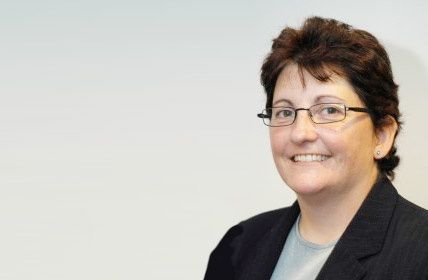
Equality in education is not about everyone getting the same marks. It is about everyone having access to the same chances providing equal choice, regardless of socio-economic background, learning abilities or talents.
While access to universities improves and apprenticeships embed in the system, allowing more people to realise their potential, we should continually question whether we are identifying and meeting the needs of everyone. What happens to those with no obvious talent who find education challenging? What happens to those who face more challenges than most who fail to get the necessary GCSEs? What opportunities can we offer to ensure lifelong learning so there is always a chance to access education and work?
Companies, industry and employers are already challenging the assumption that statutory exams are a measure of ability (they are seeing that assumption being proved wrong whenever they employ hardworking and effective young people with no qualifications) and now it is our turn. It is time to rethink these assumed tests of work readiness. Should we not rather look at basic skills (be that Maths, English, teamwork, communication) and a desire to learn and be part of a workforce?
There are now real opportunities in education and in the workplace where people of different backgrounds can work alongside each other, sharing in the same talents and skills. But we also know we have to broaden the base and create opportunities that would enable all children and young people, no matter what their background, to feel that they can stand alongside those who have been educated in a different way and to the highest levels. To worry less about the different types of schools in the country, and to focus more on how they can work in partnership with each other for their mutual benefit.
While education policy and practice since 1944 has been politically and ideologically turbulent, the stated central purpose has remained largely unchanged. The Education Reform Act 1988 summarised this as preparing young people for the opportunities, responsibilities and experiences of later life. This statement continues to inform Department for Education policy.
However, there is a fundamental problem challenging this purpose: the mismatch between politically and ideologically driven policy. However well-meant, the reality of life in schools is challenging when trying to meet the needs of children and young people facing disadvantage in all its forms; be that socio-economic disadvantage, a special educational need or disability, being in care or, for one reason or another, being one of those children at risk of underachieving.